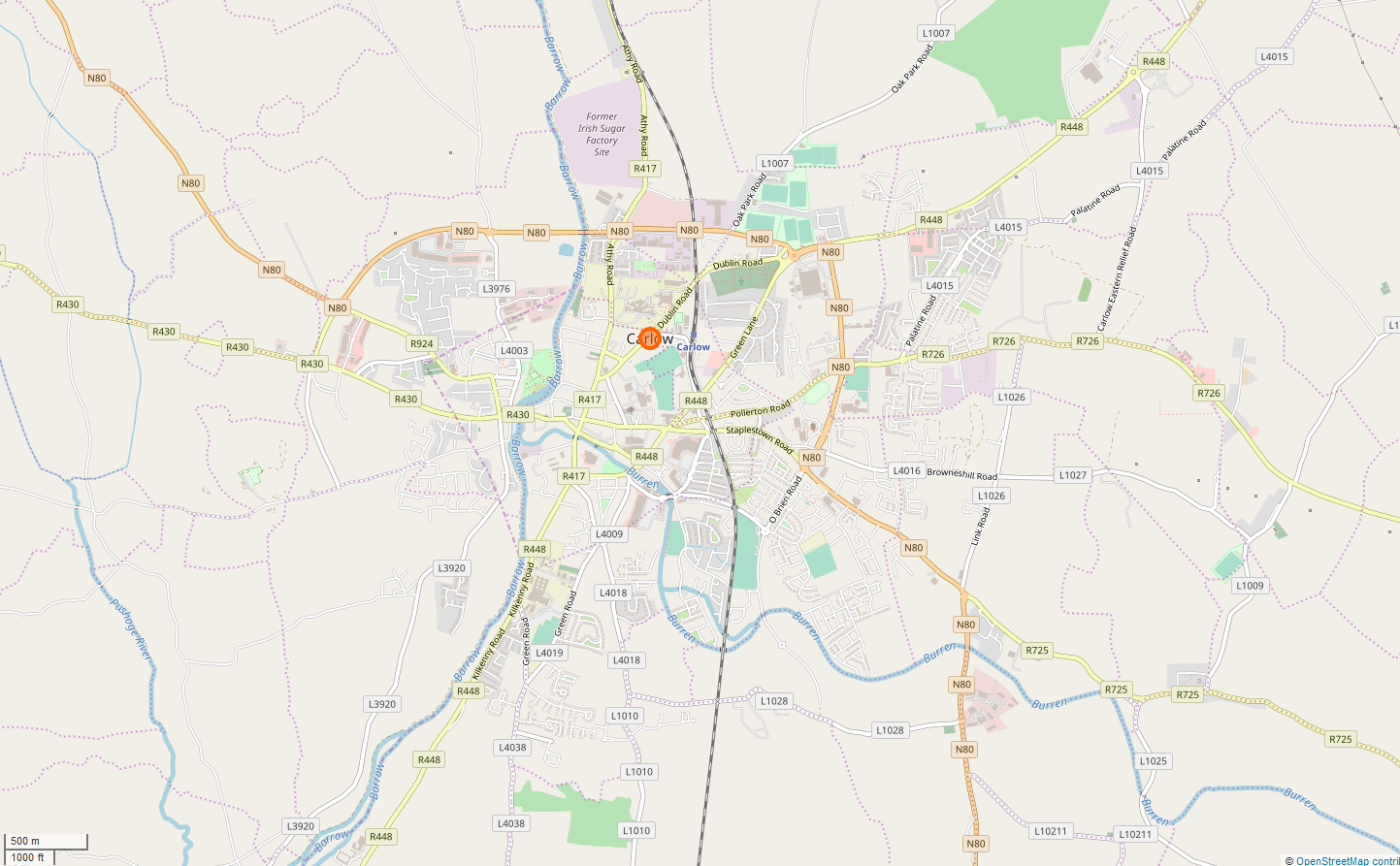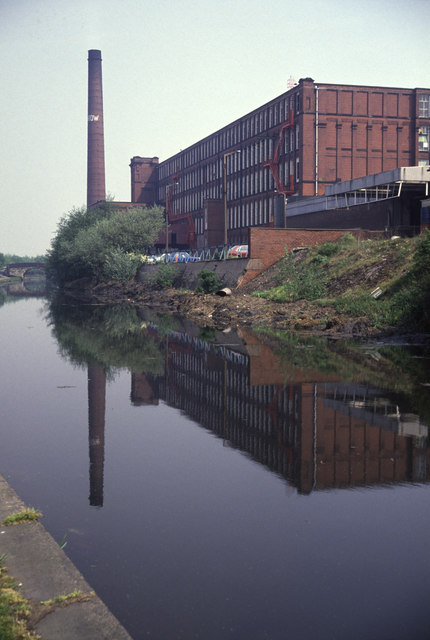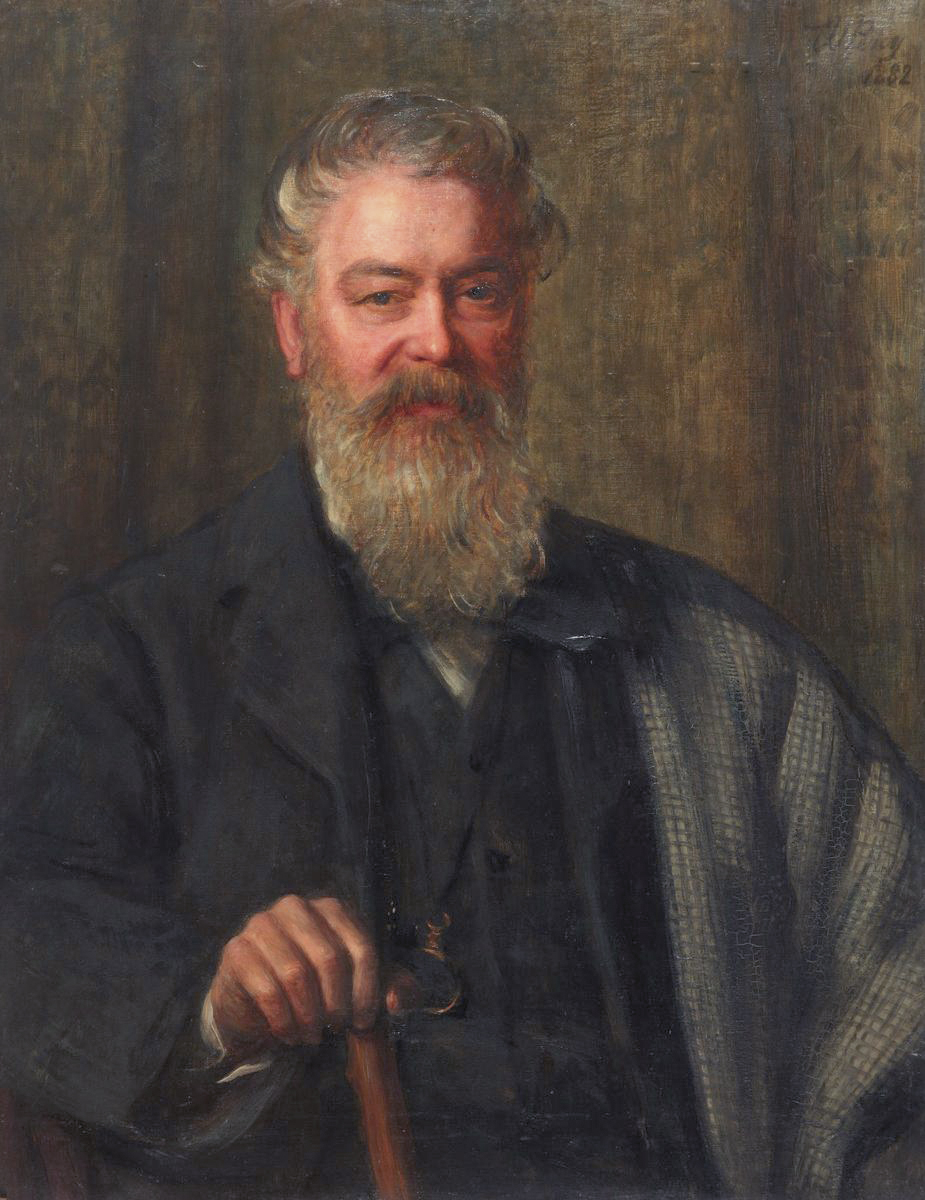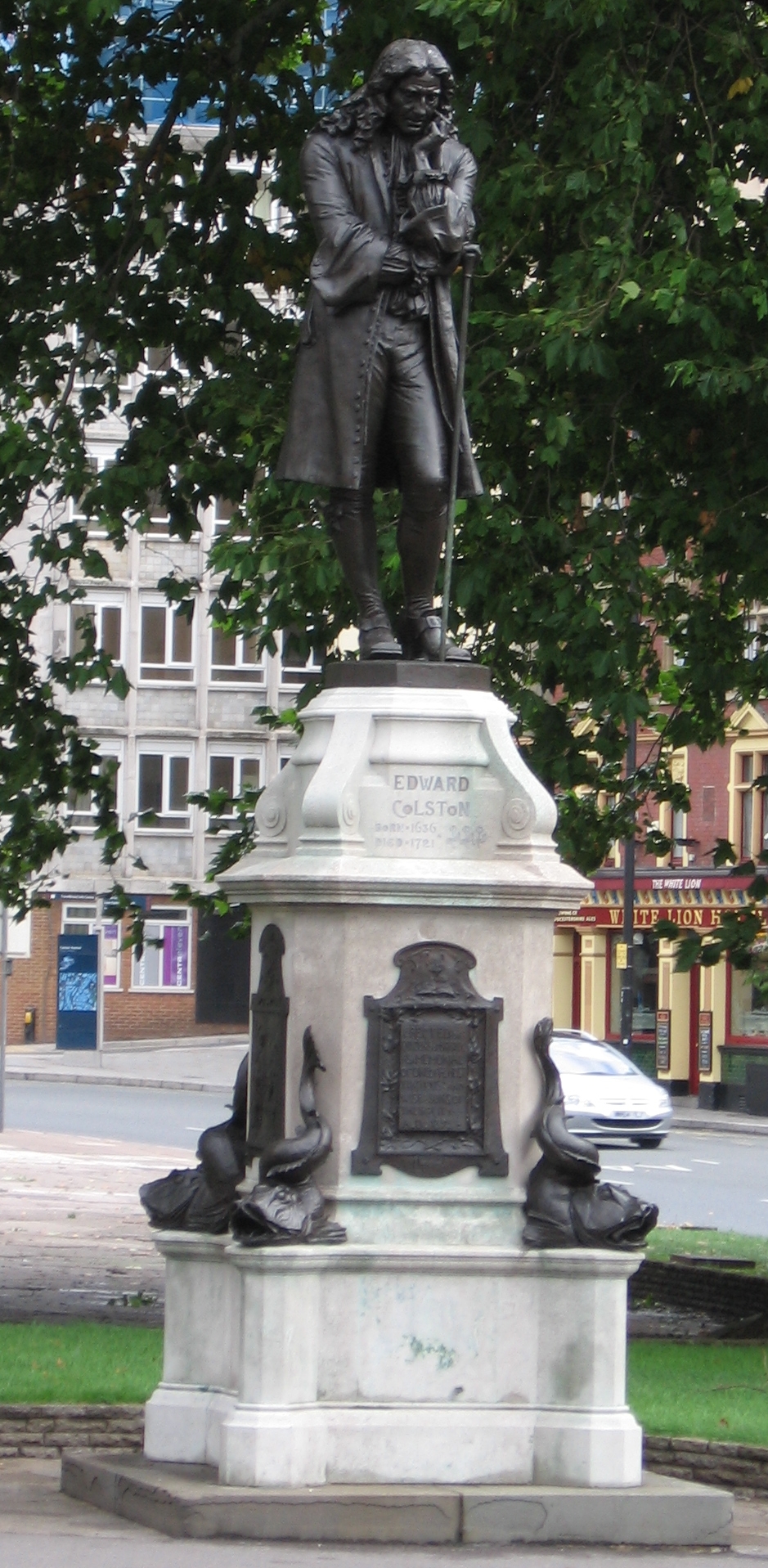|
Margaret Rebecca Lahee
Margaret Rebecca Lahee (10 May 1831 – 14 June 1895) was an Irish popular Lancashire dialect writer from the 19th century. Early life and education She was born in Carlow, Ireland on 10 May 1831. She moved to Rochdale, Lancashire to learn millinery and dress making from a friend of her relatives. Lahee didn't like the career and instead became a professional writer. At the time she published, Lahee concealed that she was both Irish and a woman. She published under ''MRL'' initially and then later as ''M.R.Lahee''. She also wrote in the female perspective and touched on women's rights. Edwin Waugh said of her first novel that it was ''the best story in the Lancashire dialect''. Lahee lived in Rochdale with Susannah Rothwell Wild for over thirty years. The women were buried in the same grave when they died. Lahee requested their grave should read ''They were lovely and pleasant in their lives, and in death they were undivided''. However, there were difficulties in arranging th ... [...More Info...] [...Related Items...] OR: [Wikipedia] [Google] [Baidu] |
Irish People
The Irish ( ga, Muintir na hÉireann or ''Na hÉireannaigh'') are an ethnic group and nation native to the island of Ireland, who share a common history and culture. There have been humans in Ireland for about 33,000 years, and it has been continually inhabited for more than 10,000 years (see Prehistoric Ireland). For most of Ireland's recorded history, the Irish have been primarily a Gaelic people (see Gaelic Ireland). From the 9th century, small numbers of Vikings settled in Ireland, becoming the Norse-Gaels. Anglo-Normans also conquered parts of Ireland in the 12th century, while England's 16th/17th century conquest and colonisation of Ireland brought many English and Lowland Scots to parts of the island, especially the north. Today, Ireland is made up of the Republic of Ireland (officially called Ireland) and Northern Ireland (a part of the United Kingdom). The people of Northern Ireland hold various national identities including British, Irish, Northern Irish or som ... [...More Info...] [...Related Items...] OR: [Wikipedia] [Google] [Baidu] |
Lancashire
Lancashire ( , ; abbreviated Lancs) is the name of a historic county, ceremonial county, and non-metropolitan county in North West England. The boundaries of these three areas differ significantly. The non-metropolitan county of Lancashire was created by the Local Government Act 1972. It is administered by Lancashire County Council, based in Preston, and twelve district councils. Although Lancaster is still considered the county town, Preston is the administrative centre of the non-metropolitan county. The ceremonial county has the same boundaries except that it also includes Blackpool and Blackburn with Darwen, which are unitary authorities. The historic county of Lancashire is larger and includes the cities of Manchester and Liverpool as well as the Furness and Cartmel peninsulas, but excludes Bowland area of the West Riding of Yorkshire transferred to the non-metropolitan county in 1974 History Before the county During Roman times the area was part of the Bri ... [...More Info...] [...Related Items...] OR: [Wikipedia] [Google] [Baidu] |
Carlow
Carlow ( ; ) is the county town of County Carlow, in the south-east of Ireland, from Dublin. At the 2016 census, it had a combined urban and rural population of 24,272. The River Barrow flows through the town and forms the historic boundary between counties Laois and Carlow. However, the Local Government (Ireland) Act 1898 included the town entirely in County Carlow. The settlement of Carlow is thousands of years old and pre-dates written Irish history. The town has played a major role in Irish history, serving as the capital of the country in the 14th century. Etymology The name is an anglicisation of the Irish ''Ceatharlach''. Historically, it was anglicised as ''Caherlagh'', ''Caterlagh'' and ''Catherlagh'', which are closer to the Irish spelling. According to logainm.ie, the first part of the name derives from the Old Irish word ''cethrae'' ("animals, cattle, herds, flocks"), which is related to ''ceathar'' ("four") and therefore signified "four-legged". The second p ... [...More Info...] [...Related Items...] OR: [Wikipedia] [Google] [Baidu] |
Rochdale
Rochdale ( ) is a large town in Greater Manchester, England, at the foothills of the South Pennines in the dale on the River Roch, northwest of Oldham and northeast of Manchester. It is the administrative centre of the Metropolitan Borough of Rochdale, which had a population of 211,699 in the 2011 census. Located within the historic boundaries of the county of Lancashire. Rochdale's recorded history begins with an entry in the Domesday Book of 1086 under "Recedham Manor". The ancient parish of Rochdale was a division of the hundred of Salford and one of the largest ecclesiastical parishes in England, comprising several townships. By 1251, Rochdale had become important enough to have been granted a Royal charter. Rochdale flourished into a centre of northern England's woollen trade, and by the early 18th century was described as being "remarkable for many wealthy merchants". Rochdale rose to prominence in the 19th century as a mill town and centre for textile manufacture ... [...More Info...] [...Related Items...] OR: [Wikipedia] [Google] [Baidu] |
Edwin Waugh
Edwin Waugh (1817–1890) was an English poet. Life The son of a shoemaker, Waugh was born in Rochdale, Lancashire, England and, after some schooling, was apprenticed to a printer, Thomas Holden, at the age of 12. While still a young man he worked as a journeyman printer, travelling all over Britain, but eventually returned to his old job in Rochdale. Waugh read eagerly, and in 1847 became assistant secretary to the Lancashire Public School Association and went to work in Manchester. In Manchester he started publishing descriptions of rural rambles, and the reception of his works encouraged him to persevere. By 1860 he was able to become a full-time writer; but in 1881 he was in poor health and was granted a Civil List pension of £90 p.a. Death and legacy Waugh died at his home in New Brighton, Cheshire, in 1890 and was buried in St. Paul's churchyard on Kersal Moor. Waugh's Well was built in 1866 to commemorate him at Foe Edge Farm, on the moors above Edenfield, Rossendal ... [...More Info...] [...Related Items...] OR: [Wikipedia] [Google] [Baidu] |
Edward Sykes
Edward is an English given name. It is derived from the Anglo-Saxon name ''Ēadweard'', composed of the elements '' ēad'' "wealth, fortune; prosperous" and '' weard'' "guardian, protector”. History The name Edward was very popular in Anglo-Saxon England, but the rule of the Norman and Plantagenet dynasties had effectively ended its use amongst the upper classes. The popularity of the name was revived when Henry III named his firstborn son, the future Edward I, as part of his efforts to promote a cult around Edward the Confessor, for whom Henry had a deep admiration. Variant forms The name has been adopted in the Iberian peninsula since the 15th century, due to Edward, King of Portugal, whose mother was English. The Spanish/Portuguese forms of the name are Eduardo and Duarte. Other variant forms include French Édouard, Italian Edoardo and Odoardo, German, Dutch, Czech and Romanian Eduard and Scandinavian Edvard. Short forms include Ed, Eddy, Eddie, Ted, Teddy and Ned. Peop ... [...More Info...] [...Related Items...] OR: [Wikipedia] [Google] [Baidu] |
John Cassidy (artist)
John Cassidy (1 January 1860 – 19 July 1939) was an Irish sculptor and painter who worked in Manchester, England, and created many public sculptures. Life Cassidy was born in Littlewood Commons, Slane, County Meath, Ireland, on 1 January 1860. He moved to Dublin at the age of 20 to find work. There he attended art classes at night and won a scholarship to study in Milan, Italy. After two years, he moved to Manchester, England, where he lived for the rest of his life. He studied at the Manchester School of Art in 1883 and taught there in 1887. He created many public sculptures, especially war memorials, and exhibited at the Royal Academy, the Royal Hibernian Academy and in Manchester City Art Gallery. He was for a time assisted in his studios by John Ashton Floyd, a local sculptor. For most of his career, his studio was at Lincoln Grove in Chorlton-on-Medlock. Works The body of Cassidy's work consisted mainly of memorials and statues. In 1894, the philanthropist Enriqueta ... [...More Info...] [...Related Items...] OR: [Wikipedia] [Google] [Baidu] |
Oliver Ormerod
Oliver may refer to: Arts, entertainment and literature Books * ''Oliver the Western Engine'', volume 24 in ''The Railway Series'' by Rev. W. Awdry * ''Oliver Twist'', a novel by Charles Dickens Fictional characters * Ariadne Oliver, in the novels of Agatha Christie * Oliver (Disney character) * Oliver Fish, a gay police officer on the American soap opera ''One Life to Live'' * Oliver Hampton, in the American television series ''How to Get Away with Murder'' * Oliver Jones (''The Bold and the Beautiful''), on the American soap opera ''The Bold and the Beautiful'' * Oliver Lightload, in the movie ''Cars'' * Oliver Oken, from ''Hannah Montana'' * Oliver (paladin), a paladin featured in the Matter of France * Oliver Queen, DC Comic book hero also known as the Green Arrow * Oliver (Thomas and Friends character), a locomotive in the Thomas and Friends franchise * Oliver Trask, a controversial minor character from the first season of ''The O.C.'' * Oliver Twist (character) ... [...More Info...] [...Related Items...] OR: [Wikipedia] [Google] [Baidu] |
John Trafford Clegg
John is a common English name and surname: * John (given name) * John (surname) John may also refer to: New Testament Works * Gospel of John, a title often shortened to John * First Epistle of John, often shortened to 1 John * Second Epistle of John, often shortened to 2 John * Third Epistle of John, often shortened to 3 John People * John the Baptist (died c. AD 30), regarded as a prophet and the forerunner of Jesus Christ * John the Apostle (lived c. AD 30), one of the twelve apostles of Jesus * John the Evangelist, assigned author of the Fourth Gospel, once identified with the Apostle * John of Patmos, also known as John the Divine or John the Revelator, the author of the Book of Revelation, once identified with the Apostle * John the Presbyter, a figure either identified with or distinguished from the Apostle, the Evangelist and John of Patmos Other people with the given name Religious figures * John, father of Andrew the Apostle and Saint Peter * Pope John ... [...More Info...] [...Related Items...] OR: [Wikipedia] [Google] [Baidu] |
1831 Births
Events January–March * January 1 – William Lloyd Garrison begins publishing '' The Liberator'', an anti-slavery newspaper, in Boston, Massachusetts. * January 10 – Japanese department store, Takashimaya in Kyoto established. * February–March – Revolts in Modena, Parma and the Papal States are put down by Austrian troops. * February 2 – Pope Gregory XVI succeeds Pope Pius VIII, as the 254th pope. * February 5 – Dutch naval lieutenant Jan van Speyk blows up his own gunboat in Antwerp rather than strike his colours on the demand of supporters of the Belgian Revolution. * February 7 – The Belgian Constitution of 1831 is approved by the National Congress. *February 8 - Aimé Bonpland leaves Paraguay. * February 14 – Battle of Debre Abbay: Ras Marye of Yejju marches into Tigray, and defeats and kills the warlord Sabagadis. * February 25 – Battle of Olszynka Grochowska (Grochów): Polish rebel forces divide a Ru ... [...More Info...] [...Related Items...] OR: [Wikipedia] [Google] [Baidu] |
1895 Deaths
Events January–March * January 5 – Dreyfus affair: French officer Alfred Dreyfus is stripped of his army rank, and sentenced to life imprisonment on Devil's Island. * January 12 – The National Trust for Places of Historic Interest or Natural Beauty is founded in England by Octavia Hill, Robert Hunter and Canon Hardwicke Rawnsley. * January 13 – First Italo-Ethiopian War: Battle of Coatit – Italian forces defeat the Ethiopians. * January 17 – Félix Faure is elected President of the French Republic, after the resignation of Jean Casimir-Perier. * February 9 – Mintonette, later known as volleyball, is created by William G. Morgan at Holyoke, Massachusetts. * February 11 – The lowest ever UK temperature of is recorded at Braemar, in Aberdeenshire. This record is equalled in 1982, and again in 1995. * February 14 – Oscar Wilde's last play, the comedy ''The Importance of Being Earnest'', is first shown at St James's Th ... [...More Info...] [...Related Items...] OR: [Wikipedia] [Google] [Baidu] |
19th-century Irish Women Writers
The 19th (nineteenth) century began on 1 January 1801 (Roman numerals, MDCCCI), and ended on 31 December 1900 (Roman numerals, MCM). The 19th century was the ninth century of the 2nd millennium. The 19th century was characterized by vast social upheaval. Slavery was abolitionism, abolished in much of Europe and the Americas. The Industrial Revolution, First Industrial Revolution, though it began in the late 18th century, expanding beyond its British homeland for the first time during this century, particularly remaking the economies and societies of the Low Countries, the Rhineland, Northern Italy, and the Northeastern United States. A few decades later, the Second Industrial Revolution led to ever more massive urbanization and much higher levels of productivity, profit, and prosperity, a pattern that continued into the 20th century. The Gunpowder empires, Islamic gunpowder empires fell into decline and European imperialism brought much of South Asia, Southeast Asia, and almost ... [...More Info...] [...Related Items...] OR: [Wikipedia] [Google] [Baidu] |






